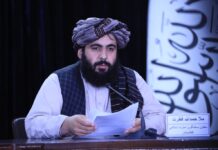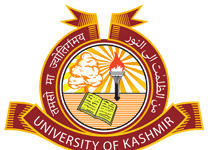New Delhi (NVI): An ancient Afghan sculpture that was stolen from a museum in Kabul some 30 years ago will be returned to its home country by England, reports The Guardian. The matter came to light after the ancient piece of art was seen on a British auctioneer’s website and then investigated by the Metropolitan police.
“Met police and British Museum help Afghans recover looted ancient masterpiece,” the British Embassy in Kabul said in a tweet today while sharing a news report published by The Guardian in this context.
The sculpture of two bulls, carved out in 2nd century AD from a yellowish limestone, was excavated in the 1950s in northern Afghanistan. Following the withdrawal of Soviet troops, the artifact was looted during the civil war in the early 1990s.
The Surkh Kotal bulls were spotted by the Art Loss Register (ALR), which has an international database of stolen artworks, on the website of Timeline Auctions, and reported to the police, the website reports. However, where the bulls have been after their loot is not clear.
During the Met police inquiry regarding the sculpture, the seller immediately relinquished ownership, following which its status was confirmed by the British Museum. Dr St John Simpson, a senior curator at the museum recognised the sculpture.
Upon further inquiry by British authorities, the Kabul Museum has also confirmed the status of the sculpture, while allowing its first public display outside Afghanistan. The art piece will be soon returned to Kabul.
The British Museum will show it from Monday for about three months, The Guardian reported.
The sculpture, which depicts a reclining humped bull with its face turned to the viewer and the front of a second bull on the left was excavated from one of Afghanistan’s most significant ancient sites, Surkh Kotal.
This is the same place where monumental buildings were constructed during the rule of the Kushan kings, whose empire once stretched across modern-day Afghanistan, Pakistan and northern India – an area known as Bactria.








